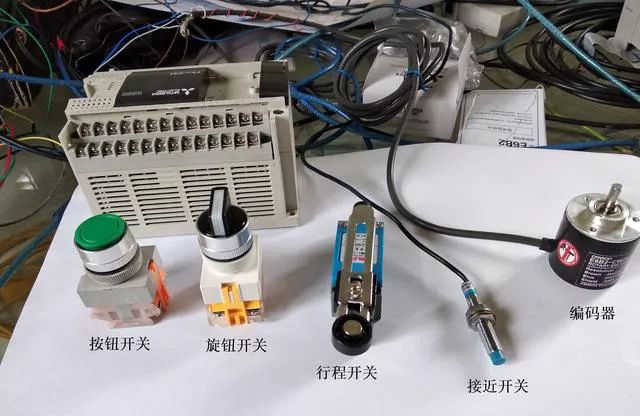
Commonly Used PLC Input Switches
These switches come in different wiring configurations—two-wire, three-wire, and four-wire—and operate with either NPN or PNP output types. An NPN switch connects the output signal to the low voltage (0V), while a PNP switch connects it to the high voltage (24V). When activated, an NPN sensor turns on its internal transistor, pulling the signal to ground, whereas a PNP sensor turns on its transistor to provide a high-level signal.PLC Input Types
The PLC input configuration can be either sink type or source type, depending on how the power is supplied. In a sink input configuration, the DC power flows from the common terminal (S/S) to the input point (X), making it a "sink." Conversely, in a source input, the power flows from the input point (X) to the common terminal (S/S), creating a "source" configuration. This distinction is essential when connecting various types of sensors and switches to the PLC.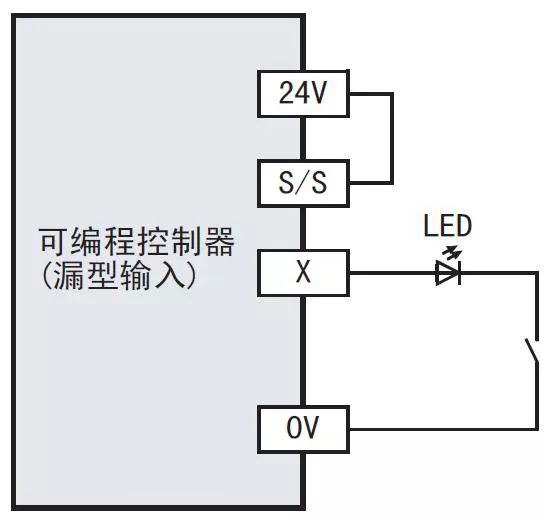
Sink Input
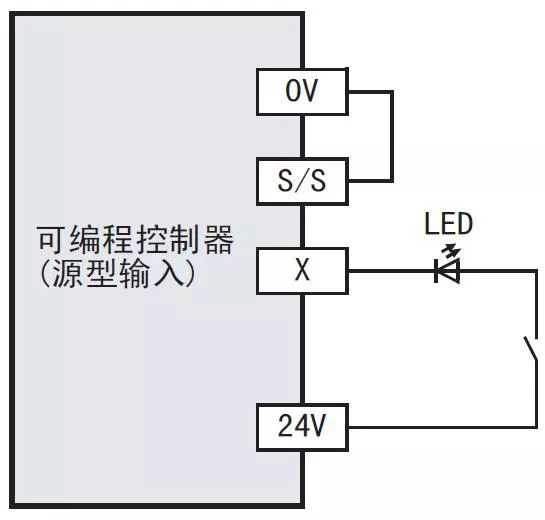
Source Input
When selecting the appropriate input type for a switch, it's important to consider both the switch type and the PLC configuration. For two-wire switches, both sink and source configurations are usually compatible. However, for three-wire and four-wire devices, the wiring must match the PLC input type accordingly.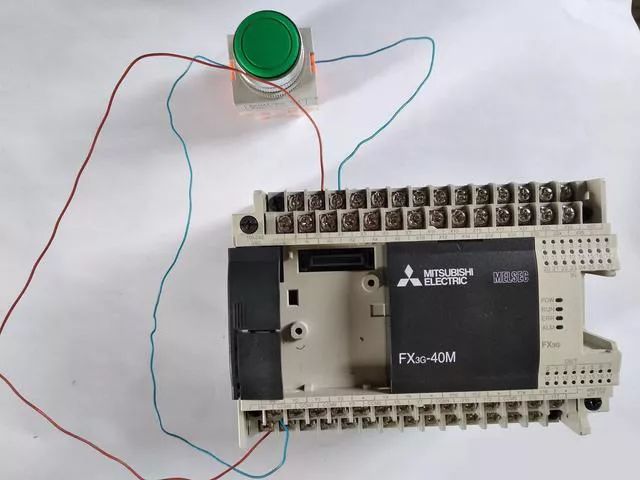
Sink Input Configuration
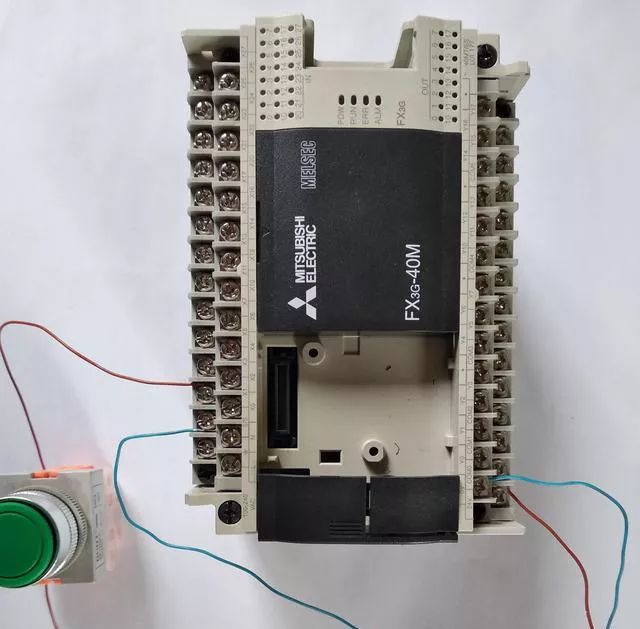
Source Input Configuration
For three-wire sensors, proper wiring is essential. NPN-type sensors typically work with sink-type PLC inputs, while PNP-type sensors require source-type connections. This ensures correct signal transmission and reliable operation.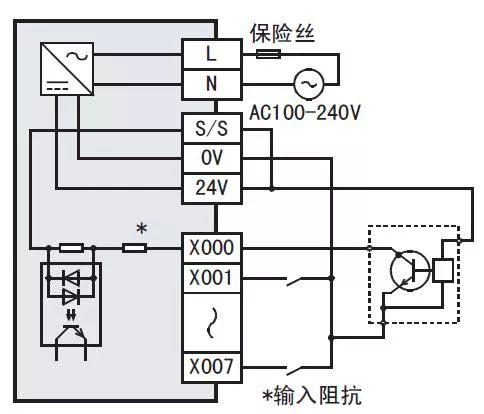
NPN Sensor Connection
For PNP open-collector sensors, a source-type PLC input is necessary. This is especially important when working with proximity switches and other industrial sensors.
For example, if a proximity switch is NPN type, it should be connected to a sink-type PLC input. The following diagram shows how this connection is made:
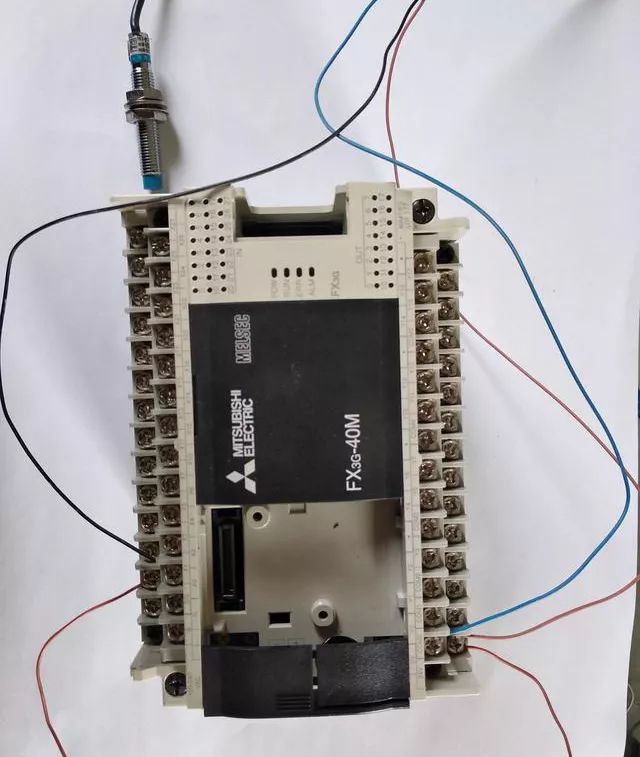
NPN Proximity Switch and PLC Connection
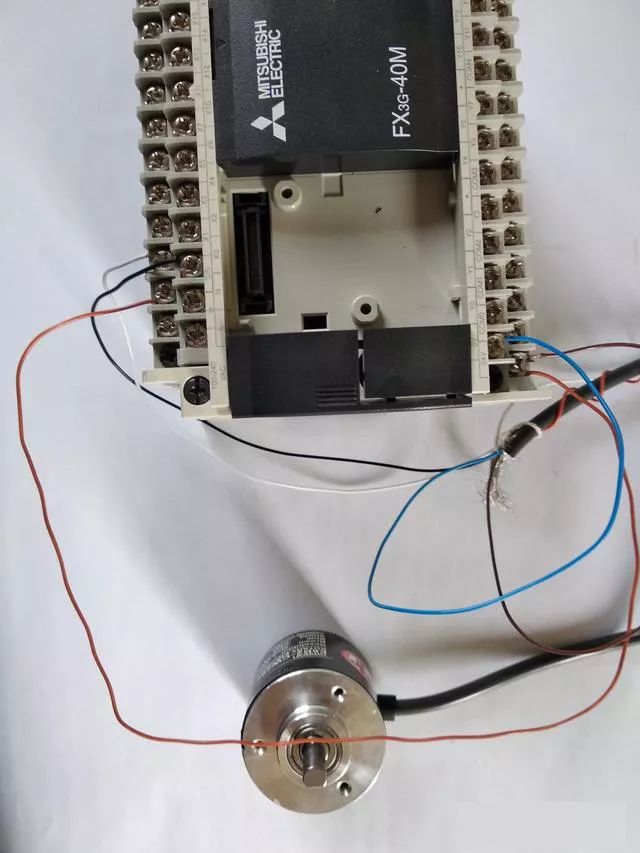
NPN Encoder and PLC Connection
In summary, understanding the differences between NPN and PNP outputs, as well as sink and source input types, is key to successful PLC integration. Always verify the switch type before wiring, and ensure compatibility with the PLC’s input configuration. Proper connections lead to more reliable and efficient control systems in industrial applications.
P03 Series Push Wire Connectors
Smaller size, space saving
Fast connection
111
Push-in Cable Connector,Dual Poles Quick Wire Connectors,fast connection cable connectors,cable managing connectors
Jiangmen Krealux Electrical Appliances Co.,Ltd. , https://www.krealux-online.com